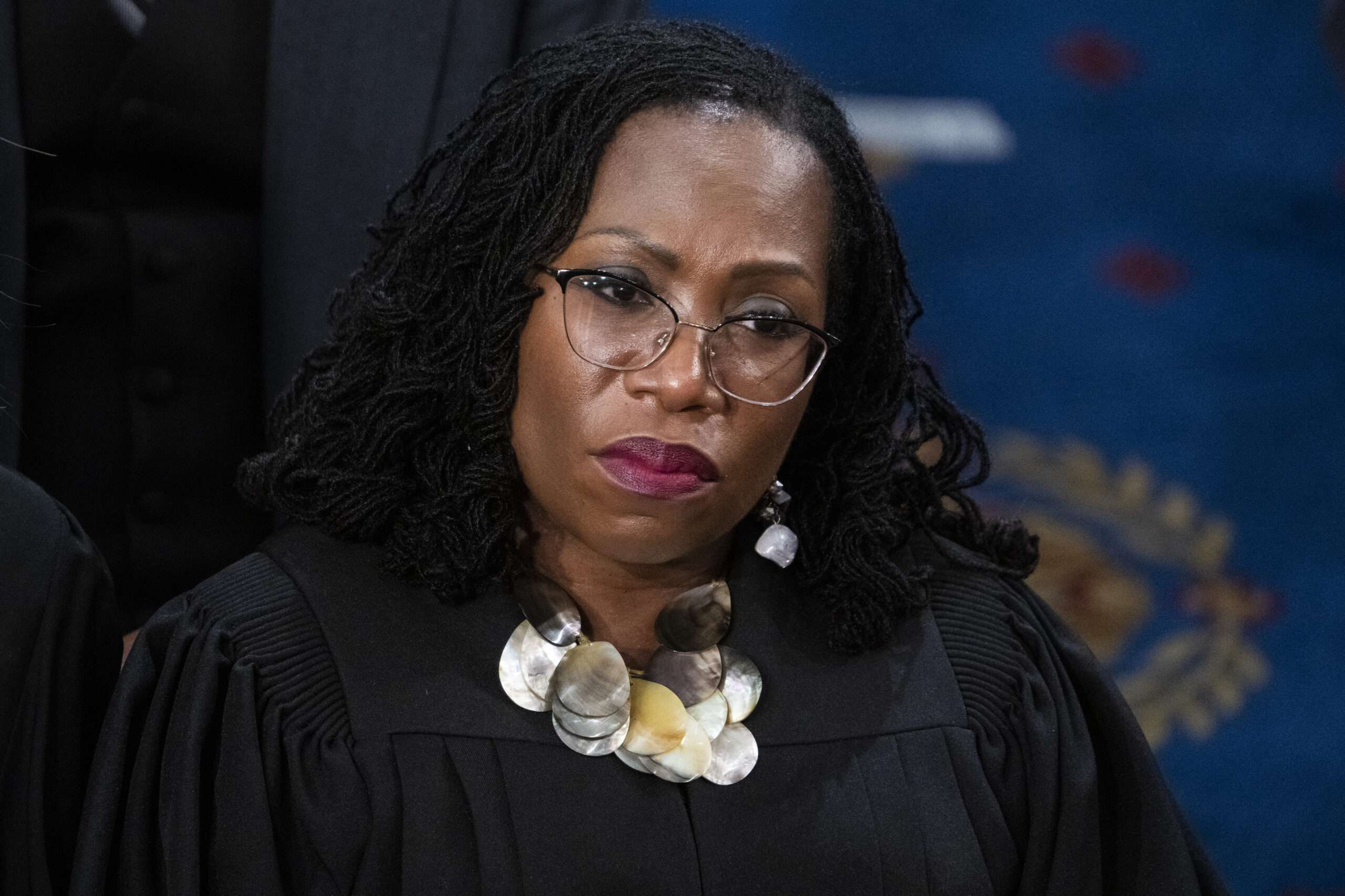The Supreme Court handed down a 6–3 decision on Friday, narrowing the interpretation of a federal criminal law that many January 6 rioters have been charged under. This decision has thrown hundreds of cases into uncertainty. Chief Justice John Roberts wrote the majority opinion, joined by Justices Clarence Thomas, Samuel Alito, Neil Gorsuch, Brett Kavanaugh, and Ketanji Brown Jackson. Justice Amy Coney Barrett wrote the dissent, joined by Justices Sonia Sotomayor and Elena Kagan.
The case centered around Joseph Fischer, a former Pennsylvania police officer charged with offenses related to his actions during the Capitol riot. The government accused him of forcibly assaulting a federal officer, entering a restricted building, and engaging in disorderly conduct. Fischer challenged an additional charge brought under the Sarbanes-Oxley Act of 2002, which criminalizes obstructing official proceedings. The Supreme Court ruled in Fischer’s favor, emphasizing the importance of sticking to the text of criminal laws.
Justice Ketanji Brown Jackson’s concurrence highlighted the need for equal justice and the faithful application of criminal laws as written, even during times of crisis. She pointed out that the criminal statute in question was not intended to be a sweeping obstruction law and looked to its history for context.
Attorney General Merrick Garland expressed disappointment with the Supreme Court’s decision but reiterated the Department’s commitment to prosecuting those responsible for the Capitol attack within the bounds of the law.






